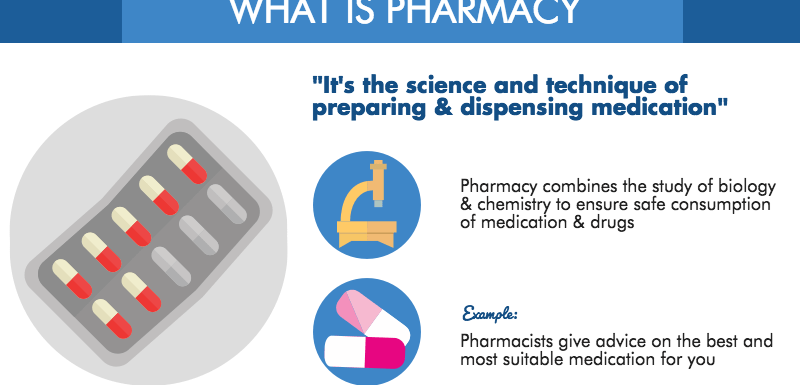Today’s world and society require professionals who are experts in research, and in the pharmaceutical sector within the area of people’s health. If you would like to work in the technical direction of a laboratory, be an administration inspector or clinical pharmacist, both in industry and in research, and be part of sectors such as dermo-pharmacy / cosmetics, or clinical laboratories, and even Public Health, the Pharmacy Degree is designed for you.

What does it take to study pharmacy?
If you are considering your professional future and orienting your studies towards the health sector, at Widad you get an offer of the Degree in Pharmacy. In this career, all aspects related to the pharmaceutical profession are treated through a humanistic-scientific orientation. You will study subjects that will allow you to train in specialties such as drug design and production, food and nutrition, as well as pharmaceutical management and marketing. It is a sector that allows you multiple professional opportunities.
Pharmacy student profile
If you are responsible, you like to be precise, have analytical knowledge and a broad scientific vision, you are the ideal profile. In your day-to-day life, the world of work will focus on finding solutions and developing alternatives to diagnose or treat diseases. Having studied the Scientific or Health Sciences Baccalaureate, you have already been training previously to complement your knowledge with the Degree in Pharmacy, so studying the degree you will enjoy learning even more concepts in laboratories.
Professional opportunities in the Pharmacy Degree
If you want to work as a pharmacist and dispense medicines and health products, as well as being able to monitor various pharmacological treatments, keep medical prescriptions, and offer advice to patients, this is your degree, without any doubt.
How to study pharmacology in medicine
Pharmacology is part of the health sciences and therefore is linked to medicine.
An effective team should be that the doctor makes the diagnosis of the disease and the pharmacologist or pharmacist indicates the most appropriate treatment.
In itself, pharmacology is based on the formulation of drugs, the way they are supplied and the recommendation to the medical system of which ones should be ingested according to the symptoms and the clinical diagnosis of the patient.
The study of pharmacology in medicine involves knowing the drugs, their active principle, their components, their metabolism, the routes of absorption and administration, and their excretion from the human body.
Pharmacology at a medical level, requires a training of five or six years at a university, is one of the professions classified as a long career and it is chosen for a degree.
The pharmacology student in medicine must acquire certain methods for learning because his lectures are not motivating at all. If you are not ready to commit for more than five years doing pharmacology, you can opt for a human resources course in Malaysia as it will probably only take two to three years to get your degree scroll.
If you are interested to read, click here for more contents.

Comments are closed, but trackbacks and pingbacks are open.